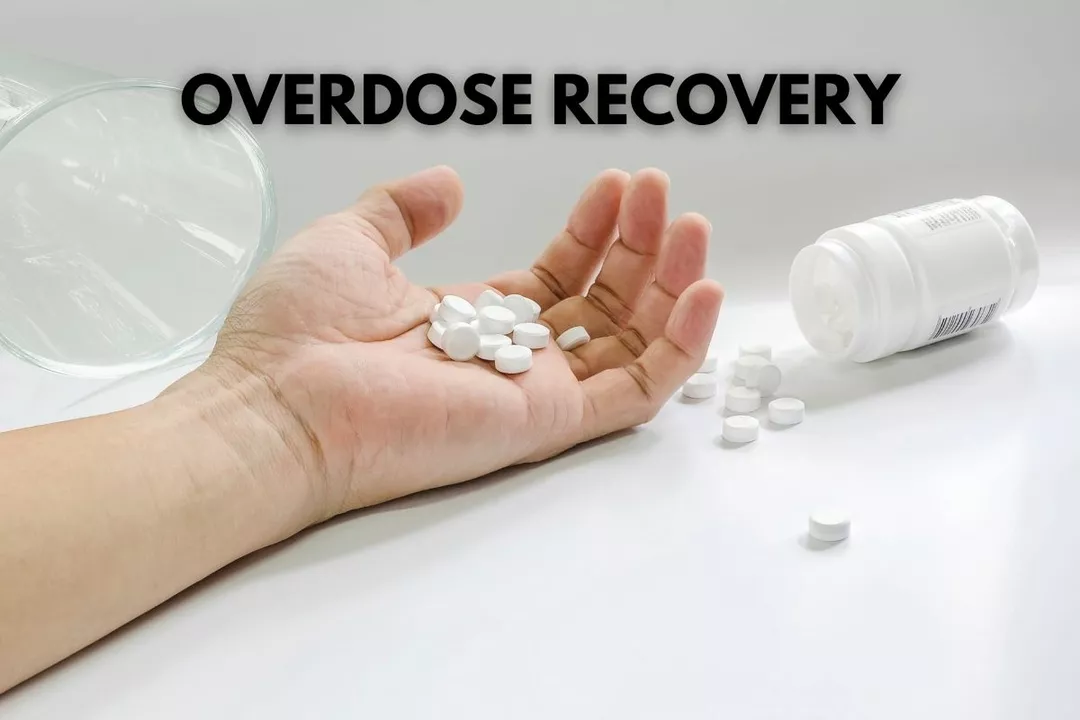Toxicity: Recognize, Prevent, and Act Fast
Toxicity happens when a drug, supplement, or chemical harms your body. You may feel sick, dizzy, have a rash, trouble breathing, or notice unusual bleeding. The key is spotting trouble early and acting. This page collects practical guides about medication safety, side effects, drug interactions, and what to do in emergencies. Use these tips to protect yourself and avoid common toxic risks.
How to spot drug toxicity
Ask yourself if new symptoms started after a new medicine, dose change, or mixing drugs. Check common red flags: confusion, jaundice, dark urine, fast heartbeat, severe nausea, and fainting. Some meds cause slow problems like liver or kidney damage that build over weeks. Keep a simple log of new symptoms, doses, and other medicines to help your doctor.
Preventing dangerous reactions
Never mix prescription drugs without asking a clinician or pharmacist. Read labels and watch for alcohol warnings. Store medicines in original bottles and keep a list of everything you take, including herbs and vitamins. When buying meds online, pick licensed pharmacies and avoid suspiciously cheap offers that skip prescriptions. Proper storage and expiry checks matter too.
If someone is unconscious, not breathing, or having seizures call emergency services now. For less severe signs, contact poison control for immediate advice and follow their steps. Bring all medication containers to the hospital or clinic so staff can identify ingredients and dosages. Do not try home remedies that could make things worse.
Long term toxicity risks to monitor: some drugs slowly harm organs. Watch for subtle signs like persistent fatigue, changes in appetite, swelling, shortness of breath, or mood shifts. Ask your prescriber about routine blood tests for liver, kidney, and blood count monitoring when starting medications like anticonvulsants, statins, or some antibiotics. Early detection often prevents permanent damage.
When to call your doctor: call if new symptoms are severe, worsen quickly, or include breathing trouble, chest pain, sudden weakness, or high fever. Also call if tests show abnormal liver or kidney results. Keep emergency contacts programmed and a current medication list on your phone.
Use this tag to explore related guides. Find detailed articles here on high-risk drugs, side effects, safe online buying, and alternatives that may lower risk. Read posts on specific drugs like Dilantin, Nexium, Azithromycin, and more to see signs to watch for and monitoring tips. Bookmark any pages that match medications you take.
Safety habits that make a difference: carry a medication list, ask about interactions before adding a drug, attend regular checkups, and get lab work when recommended. These simple steps cut risk and help you spot problems early.
If you want quick help, ask your pharmacist or call poison control. Prevention and fast action save lives.
Also share any allergies and past reactions with new providers. That simple step prevents repeating mistakes. If you're switching pharmacies, transfer records so pharmacists can check interactions. Small habits like these reduce risk and make treatment safer for you and your family. Keep notes and ask.
In my latest blog post, I've put together a comprehensive guide on managing Besifloxacin overdose and toxicity. This guide covers important steps to take if you suspect an overdose, such as seeking immediate medical attention and closely monitoring symptoms. Additionally, it delves into preventive measures we can adopt to avoid an overdose in the first place. The blog emphasizes the importance of following prescribed dosage guidelines and being aware of potential drug interactions. Stay informed and safe by checking out my full guide on this crucial topic.

